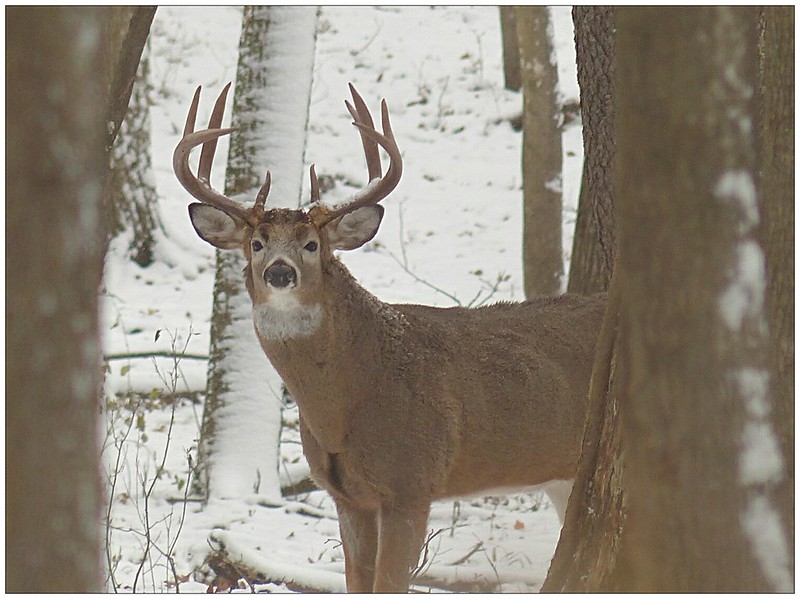The Wisconsin Department of Agriculture, Trade, and Consumer Protection (DATCP) yesterday announced that chronic wasting disease (CWD) has been detected at another deer farm, this time in Sheboygan County in the far eastern part of the state.

Although CWD has been detected in wild deer from Sheboygan County before, the latest detection is the first to be reported in one of the county's deer farms. The DATCP said the detection involved a 5-year-old buck, and the result was confirmed by the US Department of Agriculture National Veterinary Services Laboratory in Ames, Iowa.
The farm is in quarantine while officials from the DATCP and the US Department of Agriculture conduct an epidemiological investigation.
Wisconsin has 243 registered deer premises, which includes 65 hunting ranches. Since 2001, deer at 44 farms have tested positive for CWD, according to DATCP data as of September 2023. The first CWD detection in wild deer from Sheboygan County occurred in 2019.
CWD is a fatal prion disease, similar to bovine spongiform encephalopathy ("mad cow disease"), affecting deer, elk, and other cervids. The disease spreads among animals through direct contact and from exposure to contaminated saliva, blood, feces, or urine. It isn't known to affect humans, but health officials have urged people to avoid eating meat from infected animals and to take precautions when field dressing, butchering, or disposing of potentially infected animals.














